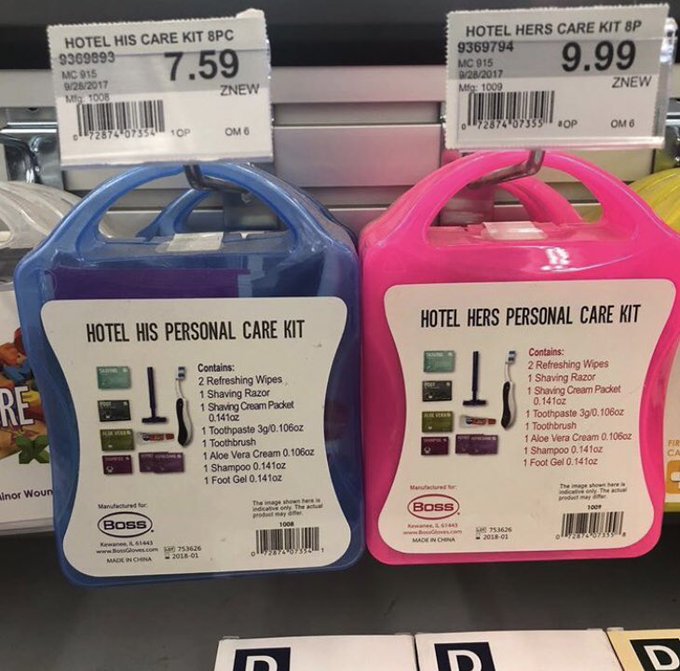By: Anel Sandoval and Crystal Lum
Did you know that over 1.8 billion people menstruate each month? Did you also know that over 500 million of these people struggled with obtaining menstrual products pre-COVID-19? If you thought that was bad, it became harder when the pandemic hit. Economic security significantly decreased during the pandemic, with women more likely to become unemployed and overall reliance on support services increasing significantly.
Along with this, supply shortages sometimes left stores out of stock and the pandemic resulted in quarantines that prevented people from leaving their homes, so people were suffering even more than before.
There is a term for this disparity, appropriately named period poverty. Period poverty is the state where people who menstruate are not able to obtain products to treat their periods. It becomes a barrier to their rights to being clean and their rights to being healthy. It limits their social, physical and mental health. People tend to miss out on parts of their lives due to being ashamed of their periods.
Examples of those barriers are the pink tax, lack of resources, lack of education, waste management and hygiene facilities. What is the pink tax? The “pink tax” isn’t a literal tax in a sense. It’s the action of marking up products directed towards women for items that function the same as men’s products. The products tend to be designed with feminine colors and shapes that tend to appeal to women. Not only does that account for menstrual products, but it also targets beauty products and even clothing apparel. A blatant example of this pink tax is shown below, where Ace Hardware marked the price of an identical item marketed to women up over 30%.

How do we fight this?
You can be an ally to combat this ongoing issue by educating others about the need for free menstrual products. Contact your local and federal governments to implement laws and policies to end period poverty. Participate in donation drives, promote menstrual donation drives to the student body and faculty at your university. If you know anyone that needs menstrual products, CVS Pharmacy has done their part to make buying products affordable.